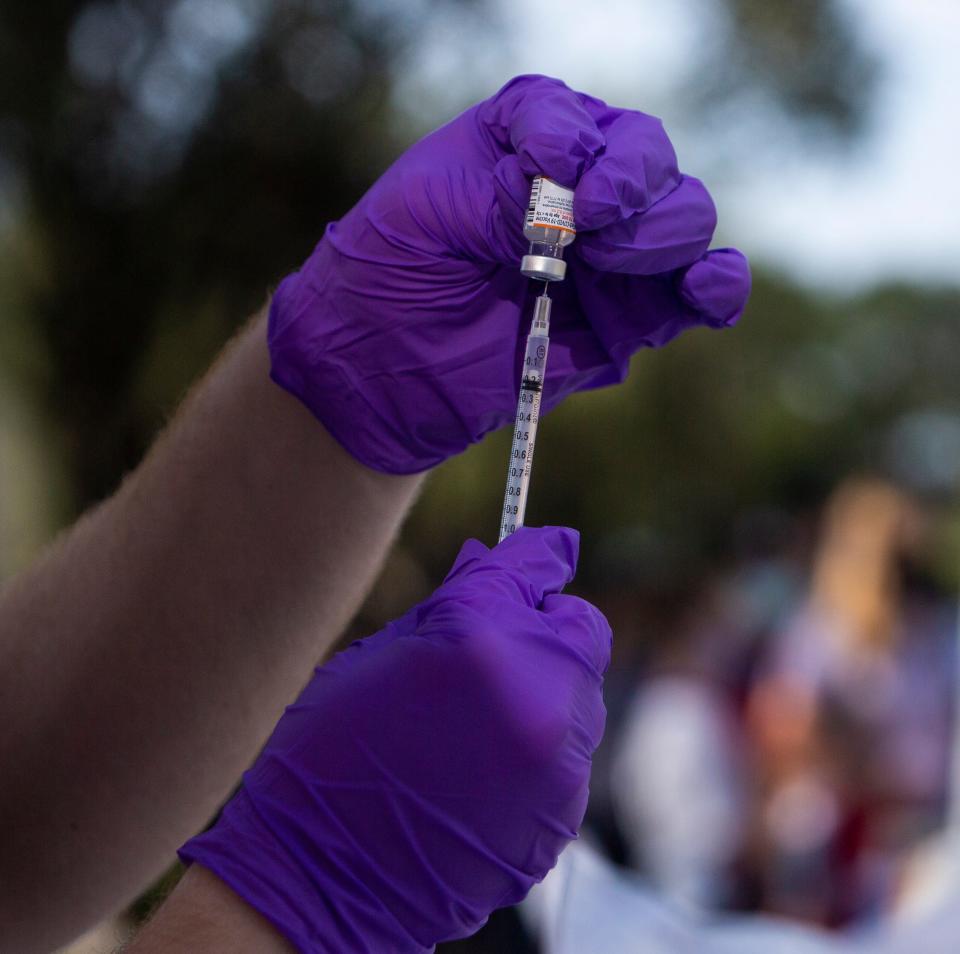In defense of pandemic profits
The price of a COVID-19 shot will soon go up. The federal public health emergency ended this month, and the government will stop providing COVID vaccines to all Americans free of charge.

Moderna and Pfizer have both signaled that they plan to raise the prices of their shots once the vaccines move to the commercial market. And that's prompted outrage from some of the drug companies' typical foes. Vermont Senator Bernie Sanders castigated Moderna CEO Stéphane Bancel at a recent hearing for his company's "profiteering" and "unprecedented level of corporate greed."
But this ire is misplaced. The COVID vaccines have delivered value to society many times greater than the profits their makers have claimed. Further, drug development is a risky business. Most potential treatments don't pan out. The possibility of a blockbuster keeps investors funding biomedical research -- and keeps America's world-leading innovation ecosystem thriving.
Most people -- whether insured or not -- won't notice the increase in the cost of COVID vaccines. As the Kaiser Family Foundation recently noted, the vaccines "will continue to be available for free to virtually all those with public and private insurance even when there is no longer any federally purchased supply remaining." Moderna has pledged to provide free vaccines to uninsured Americans through a patient assistance program. Pfizer has promised a similar initiative.
But should a company that received $10 billion from the federal government through Operation Warp Speed, as Moderna did, have the freedom to increase prices as it sees fit? Aren't they getting rich on the taxpayer's dime?
That kind of thinking misunderstands how the COVID vaccines came to be. The government didn't discover mRNA technology -- an innovation that was decades in the making. And much of the initial funding for mRNA research came from private investors. Moderna began research into the production of mRNA medicines in 2011. In December 2012, it reported that it had closed more than $40 million in financing to date. It never turned an annual profit until 2021.
Moreover, what made Operation Warp Speed such a remarkable success was its recognition that incentives matter. The government committed to large advance purchases of potential vaccines to assure companies that there would be sufficient demand to justify the enormous risks and resources required to produce the vaccines at scale.
Pre-pandemic, Moderna's annual output of vaccines across its entire portfolio was just 100,000 doses. In 2021, it shipped between 700 million and 800 million doses of COVID vaccine.
Two years later, almost three-quarters of the world's population has received at least one vaccine dose, and new COVID cases and deaths are declining steadily. The situation has improved so much that Moderna's expected revenue for COVID vaccines will fall to one-third of what it took in last year.
Once demand drops, Moderna will lose its pandemic-era "economies of scale," Bancel has argued. And his company will be selling individual vials on the commercial market, rather than selling packages of 10 to the government. It will also shoulder shipping costs and the expense of unused or expired doses.
An assault on pandemic profits threatens the viability of the next generation of medicines. Moderna projects total expenses of $6 billion this year, with the bulk -- $4.5 billion -- allocated for research and development.
That supports new vaccines, like updated booster shots and a new RSV vaccine that was found to be 84% effective in preventing severe illness. Or the personalized skin cancer treatment that just received a breakthrough therapy designation from the FDA. Or the new vaccines targeting public health scourges like HIV, Zika, and malaria.
Not all these therapies will make it to the finish line. Outsized rewards for successful medicines allow drugmakers to recoup not just the expenses they incurred developing them but the losses from therapies that don't pan out.
It's popular to decry rising drug prices. But those prices underwrite the medical innovation we all benefit from. Capping drug prices would slow medical progress -- and could prevent the next revolutionary therapy like a COVID vaccine from ever being developed.
Sally C. Pipes is president, CEO, and Thomas W. Smith Fellow in Health Care Policy at the Pacific Research Institute. Her latest book is "False Premise, False Promise: The Disastrous Reality of Medicare for All" (Encounter 2020).
This article originally appeared on Fort Myers News-Press: In defense of pandemic profits

